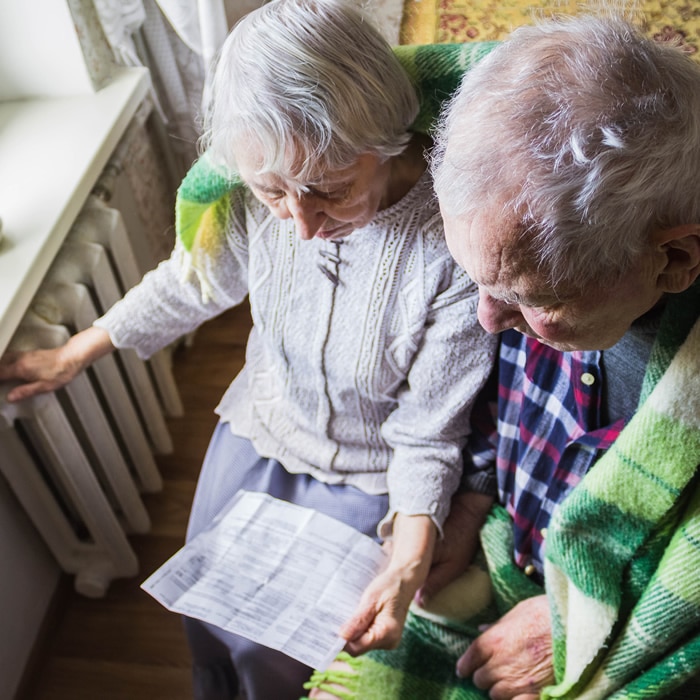Fuel Poverty and Affordable Warmth Webinar
Fuel Poverty & Affordable Warmth: Helping People Stay Healthy & Warm at Home

COURSE COMPLETED IN SEPTEMBER 2024
Listen to subject matter experts including Yorkshire Energy Doctor, on how to tackle this problem as effectively as possible to address these key issues:
- 49.9% of fuel poor households have
someone with a long-term health condition
or disability - Cost to NHS – £540million per year
treating illnesses linked to being cold - Excess Winter Deaths – 4,950 in winter
2022/23 attributed to cold homes
Learning outcomes
- Understand what is meant by fuel poverty
- Understand how this training fits with NICE Guideline 6
- Know how to identify people at risk of ill health from living in a cold home
- Know what questions to ask to identify any potential problems around heating a home
- Be able to help people whose homes may be too cold
- Identify actions that can be implemented in your own role/organisation
How our course will help you, your staff and patients
Objectives of what the training will deliver
- Interactive learning with subject matter experts and through peer to peer conversations
- Facilitated discussion in a safe and friendly enviroment
- Examples from practitioners who have helped tackle these problems
Format 2 hours Teams
- Understand the problem we are trying to solve
- Theoretical frameworks
- Best practice resources and guidance
- Practical examples involving personalised care roles
- Breakout room discussion
- Learner engagement and virtual facilitation tools – menti meter and session survey
Interactive Webinar Sessions
Copies of slides provided afterwards
2 Hours via webinar via Microsoft Teams

Frequently asked questions
Who is this course for?
- Social prescribing link workers
- Health coaches
- Care Coordinators
- Healthcare assistants
- Nurses
- Allied Healthcare Professionals
2 hours
1 day course of 1.5-2 hours using Microsoft Teams.
What is the learning experience like?
The webinars are interactive and utilize a mix of presentations, breakout room discussions, and virtual facilitation tools (Mentimeter and session surveys) to keep you engaged.
What have previous delegates said will do with the learning they have gained from our webinars?
Great shared practice/information.
Remember even if unsuccessful at least I tried to help
Apply to my current role as a social prescriber I work with lots of homeless or on the verge of becoming homeless
Use it to improve how I practice.
Apply it to my work
Just keep going
Remind myself I’m not alone in the challenges and look after my wellbeing
Take information away with me and the understanding that other professionals are finding similar challenges.
What defines you as homeless and how best to support
Work closely with our team to build resources
Good to know not alone, will take it all on board
It’s provided reassurance hearing other SPs experiences.
I’ll persevere with helping my patients and continue to work together with other professionals
Looking forward to exploring some of the links on the presentation for further learning.
Make more contacts
I will tell my colleagues and look at the resources for my patients and myself
Work closely with our team to build resources
There has been some useful links and information to use with patients, guidance on what housing threshold for certain situations. I will be mindful when dealing with the patients.
Use some of the information to work on a pathway for our team to use when dealing with homeless people
Who are the presenters?
David Cowan, Managing Director
Kate Urwin Yorkshire Energy Doctor
Dr. Caroline Gibson, Associate Clinical Lead
